In Liberia, Christmas Is the Time of the Dancing Devils
These masked dancers are part of traditional celebrations in Liberia, Sierra Leone, Guinea, and Ivory Coast.
The Christmas season in Liberia is marked by the sounds of children singing and playing in the streets. Seasonal music plays a large role in cities such as the capital, Monrovia. Mae Azango, a Liberian journalist based there, says that children go from door to door singing Christmas carols and asking for candy. “I mean, the spirit is everywhere,” she says. “It’s an incredibly festive time.”
Azango remembers the year she spent the holidays in the United States, and how she wanted to see a white Christmas for the first time. It didn’t take long for her to miss home. “I missed Liberia so much,” she explains. “I didn’t understand why everyone was locked away in their homes and I couldn’t see anybody on the streets. Where was Old Man Bayka?”
Old Man Bayka—or “Old Man Beggar”—might be considered the opposite of Santa Claus. He’s not necessarily evil, but Old Man Bayka is associated with the “dancing devils,” spirits that come from the world of the Poro, or the “bush,” of Liberia, Sierra Leone, Guinea, and Ivory Coast. In a 2015 NPR story about the dancing devils, former Liberian journalist Max Bankole Jarrett associates the figure with secret societies that have always been part of certain ethnic communities in modern Liberia. These dancing devils used to feature in traditional festivals, before the region was colonized in the early 19th century.

The nation of Liberia began to form when the American Colonization Society, an organization of white men, was founded with the goal of resettling freed Black slaves and free people of color (many of them of mixed race) outside the United States. The plan was predicated on the idea that Black people could never integrate with American society, and was opposed by both the Black community and abolitionists. Colonization societies in five different U.S. states merged their holdings to form a single new colony. With this colony—only a few thousand Black Americans emigrated—came Western traditions and celebrations, Christmas among them. All over the world Christmas has incorporated local, pre-Christian beliefs, so the dancing devil now called Old Man Bayka became a holiday fixture.
Unlike Santa Claus, who gives presents, Old Man Bayka goes from house to house asking for money and gifts for himself. In place of shiny boots and a red jacket trimmed with white fur, “Old Man Bayka wears old clothes,” Azango says. “Sometimes he will have a fake beard on and will have a mask on his face.” Old Man Bayka costumes vary. While some wear baggy old clothing and masks, others travel on stilts or are covered in raffia straw. They are always followed by the sounds of traditional drums.

What makes Old Man Bayka such a central part of the holiday season in Liberia is the spirit of community he carries. According to Azango, many masked dancers portraying the figure are originally from the villages in the country’s interior. “These people dress up as Old Man Bayka to dance and raise money to buy toys to share with the children in their villages,” she says. Not only was Old Man Bayka a source of entertainment for city-dwellers, but he also became a resource for those in different socioeconomic circumstances. Giving them money and gifts was a way to share prosperity in the interests of community.
Old Man Bayka’s fusion with Christmas traditions did not take away his quintessentially Liberian character. “This tradition is really unique to this country,” says Azango. “Everywhere Old Man Bayka goes, children and families are following behind, enjoying the dancing and the music.”





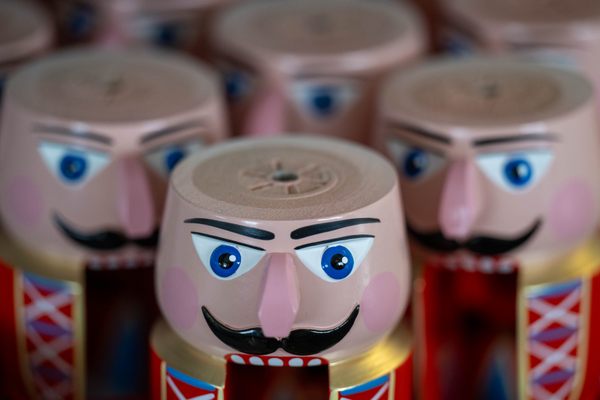
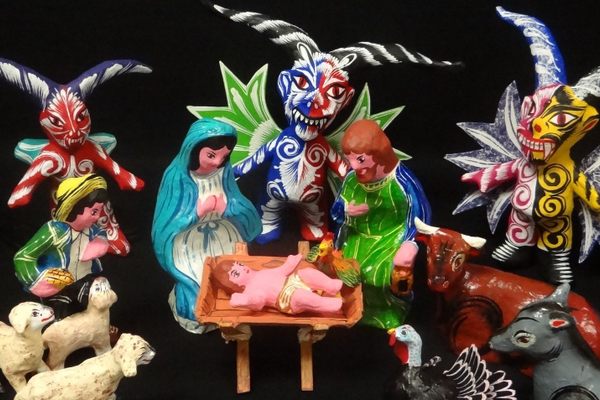
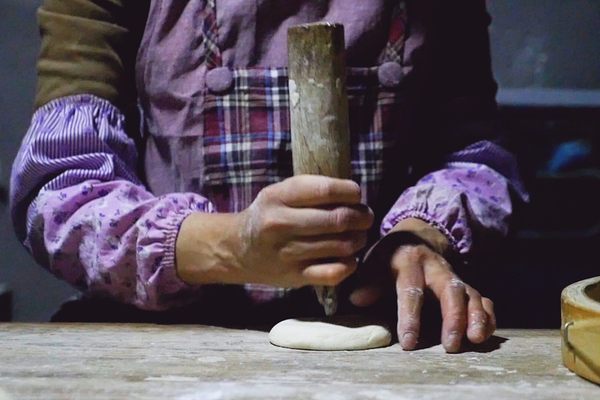
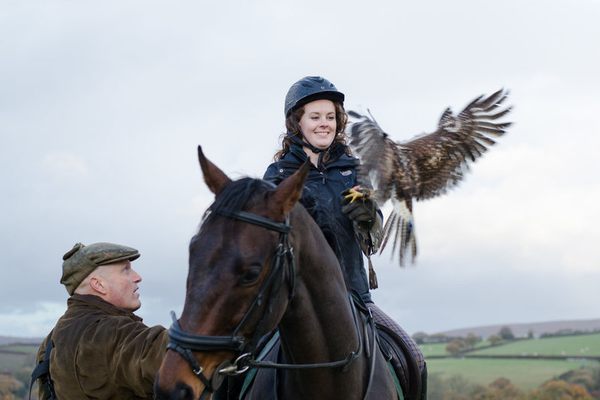
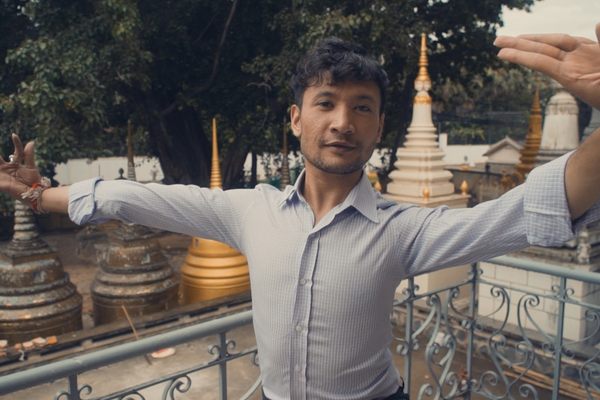




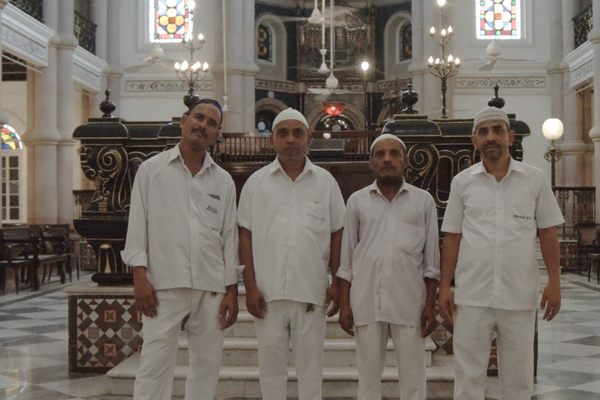





Follow us on Twitter to get the latest on the world's hidden wonders.
Like us on Facebook to get the latest on the world's hidden wonders.
Follow us on Twitter Like us on Facebook